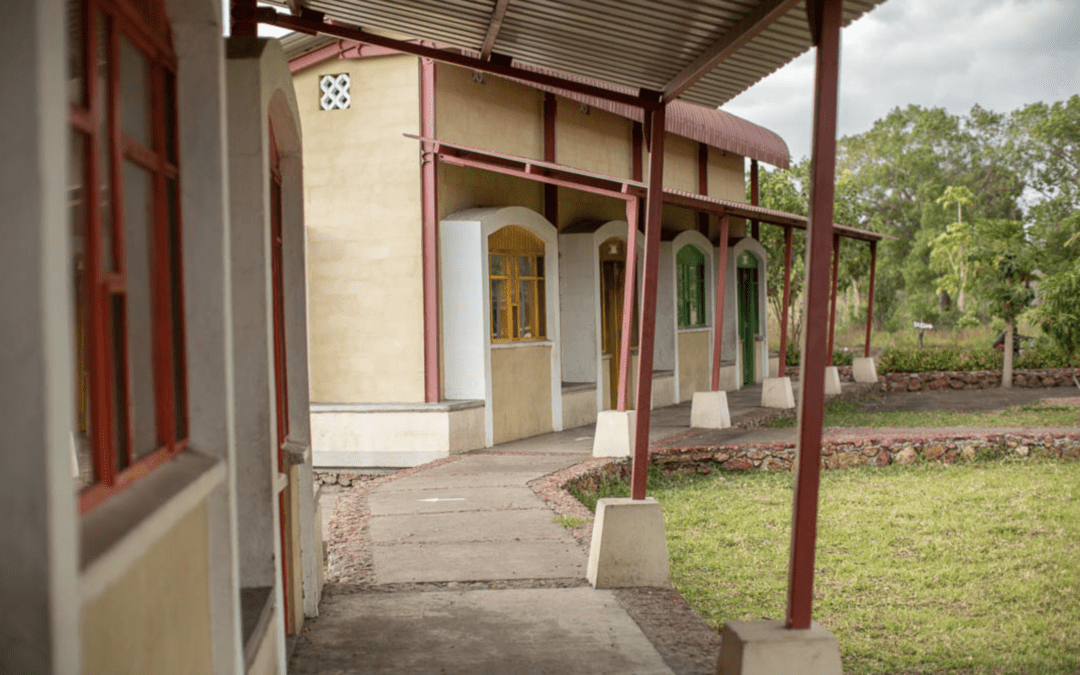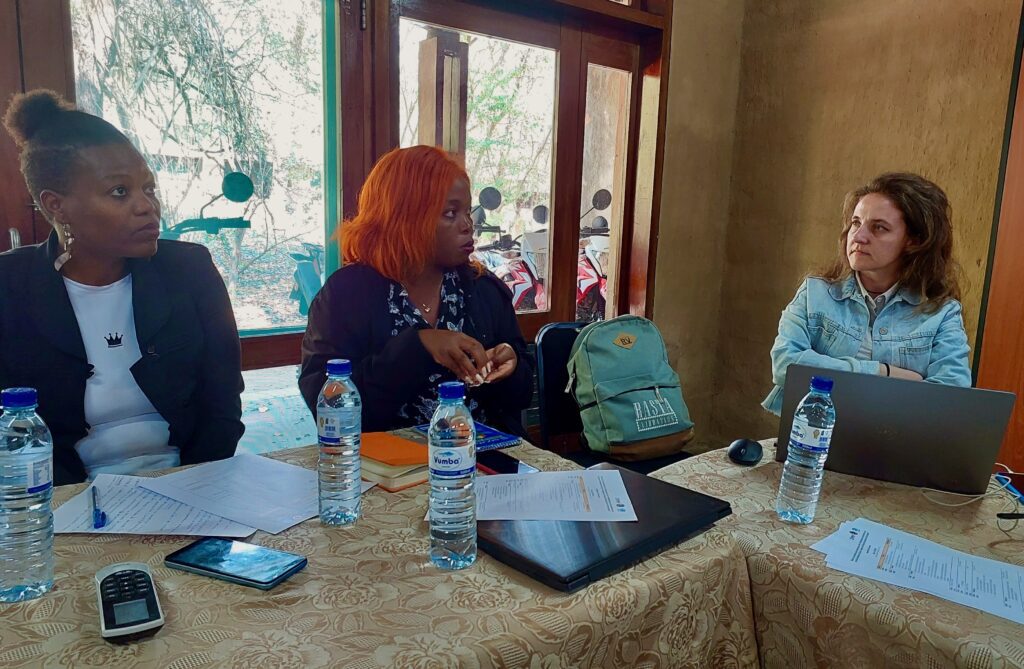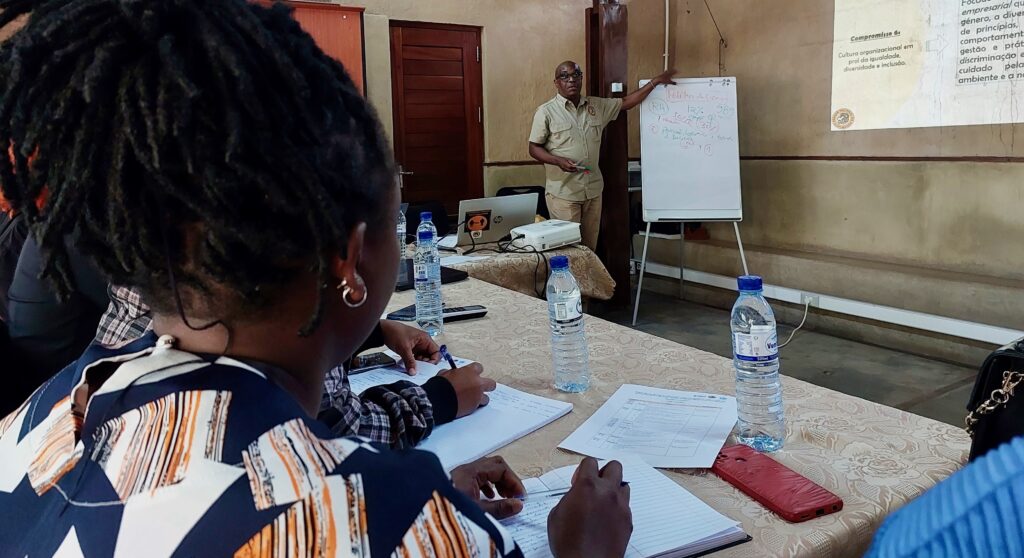More than 2,800 students and their teachers from primary schools in the Nhamatanda district will soon benefit from better teaching and learning conditions thanks to the construction of 36 new classrooms in six local elementary schools. The project also includes teacher housing, administrative offices, toilets and access to water.
The classrooms, designed for construction using resilient techniques, will also serve as safe havens during extreme disasters.
The new classrooms and safe shelters are part of the Resilient Infrastructure Project, which is designed to support communities in the Sustainable Development Zone and improve the infrastructure and local school resources. The project covers all six districts bordering the Park, where eventually, a total of 26 schools will be built using a combination of materials.
Simião Mahumana representing Gorongosa Park Administrator Pedro Maugura, said the infrastructure upgrade could attract more investment for the development of the district and appealed to parents and guardians to let their children study, highlighting the retention of girls in school.
Families, community leaders, teachers, students and other officials from the districts attended a ceremonial laying of the foundation stone for the classroom construction, an event preceded by a traditional ceremony, tree planting and the presentation of the project’s general plan.
In Gorongosa District, Administrator Pedro Mussengue laid the first stone at the Mapangapanga Complete Primary School, where he spoke about the importance of resilient infrastructures and how these classrooms should serve as a model for the district and the country. He also spoke about the importance of community-wide respect, inclusion, increased employment, meeting construction deadlines and continuous construction and technical inspection to guarantee classroom quality and durability.
Female construction technicians and community mobilizers will monitor construction.
According to Nhamatanda district administrator Adamo Abdula Ossumane, making sure local workers are trained in the construction techniques and facility maintenance is crucial for making sure future children and their parents benefit from the classroom construction and the Resilient Infrastructure Project.
“Each member of the community is responsible for overseeing the project, ensuring the quality of the works, and making sure all of the materials are used for the right purposes”, Ossumane said.
Using a gender-inclusive approach, nine women trained as technicians are monitoring the classroom construction and documenting their professional experiences and the challenges they face on the job. The women will share what they learn during a session with the project partners USAID, UN-Habitat, and two Mozambican government agencies SDEJT (District Service for Education, Youth and Technology), and SDPI – (District Planning and Infrastructure Service), and on social networks.
Each technician received training in the basic principles of gender issues, social communication and photography. By documenting their experiences, the nine women will highlight the importance and the concept of gender equality and the meaning of “being a woman and a construction technician”. They will also serve as female role models in their communities and inspire women, especially girls, to become future construction professionals.
The Resilient Infrastructure Project is funded by USAID and the Gorongosa Restoration Project, and implemented by Gorongosa National Park, with technical assistance from UN-Habitat.


